A reactor at North Korea's Yongbyon nuclear complex is likely to use nuclear fuel for the first time.
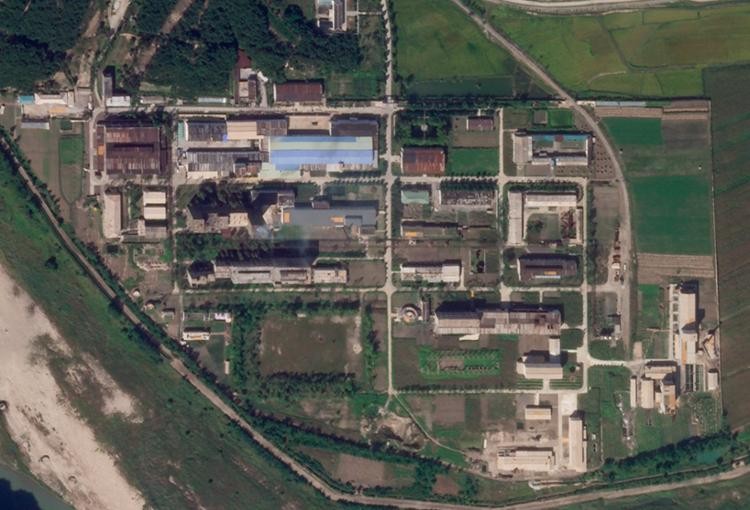 |
| A view of a uranium enrichment plant at North Korea's main Yongbyon nuclear complex. (Source: Yonhap) |
The above judgment was made by the International Atomic Energy Agency (IAEA), three days after North Korea test-launched the Hwasongpho-18 intercontinental ballistic missile (ICBM), according to Reuters reported on the evening of December 21.
This means Pyongyang has a potential new source of plutonium for nuclear weapons production.
For years, North Korea has used spent fuel from its 5-megawatt reactor at Yongbyon to produce plutonium for its nuclear weapons arsenal, but the release of warm water from the larger light-water reactor suggests that the facility is now in use, the IAEA said.
"The release of warm water is a sign that the reactor has reached criticality, meaning that the nuclear chain reaction in the reactor is in a self-sustaining state," said IAEA Director General Rafael Grossi.
According to the IAEA, the agency has recorded a strong flow of water from the light water reactor's cooling system since October, indicating that the reactor is undergoing a test run.
More recent signs point to warm water. The light water reactor in question appears to have been completed for years but not yet operational.
The IAEA has not had access to North Korea since Pyongyang expelled its inspectors in 2009. The IAEA now monitors movements in North Korea from afar, mainly using satellite imagery.
Pyongyang has not commented on the above information.
On the same day, South Korea's Yonhap news agency reported that during a parliamentary session, the country's Defense Minister Shin Won-sik said: "North Korea has succeeded in launching missiles over long distances and developing solid-fuel missiles, but it has not yet been verified whether the missile is capable of re-entry and accurately hitting the target."
According to Mr. Shin, although the missile's multiple warhead technology has not been precisely verified, North Korea is believed to be moving in that direction of development.
To counter North Korea's growing threats, a South Korean official said he will "accelerate" nuclear deterrence efforts with the United States to make their agreements in the bilateral Nuclear Consultative Group (NCG) "irreversible" regardless of the outcome of next year's US presidential election.
Meanwhile, on December 22, the Korean Central News Agency (KCNA) announced that the Standing Committee of the Supreme People's Assembly (SPA) decided to hold the 10th session of the 14th SPA on January 15, 2024 to discuss the budget for 2024.
Source






![[Photo] Prime Minister Pham Minh Chinh chairs conference on anti-smuggling, trade fraud, and counterfeit goods](https://vphoto.vietnam.vn/thumb/1200x675/vietnam/resource/IMAGE/2025/5/14/6cd67667e99e4248b7d4f587fd21e37c)




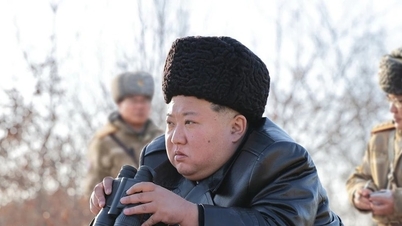








![[Infographics] Vietnam re-elected Chairman of the World Customs Organization's Standing Technical Committee](https://vphoto.vietnam.vn/thumb/402x226/vietnam/resource/IMAGE/2025/5/14/ae5e22967ce14621b808fd71d3308f63)
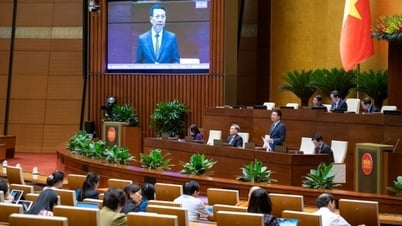
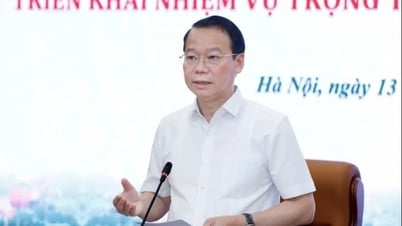





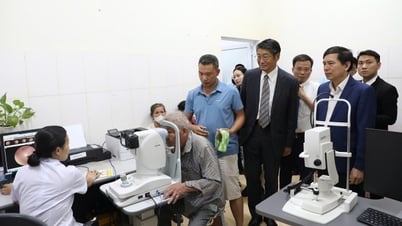















































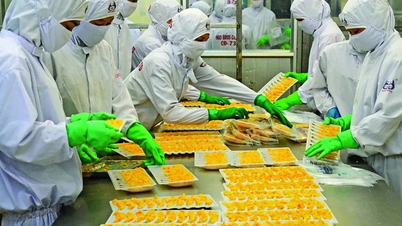

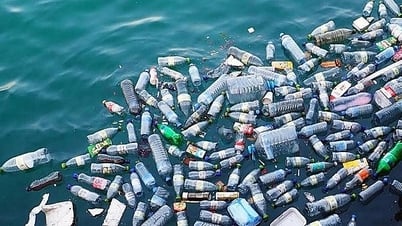
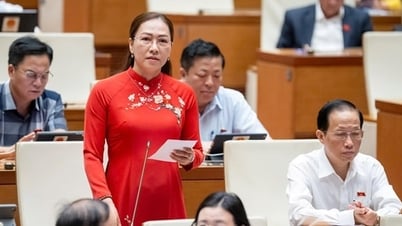

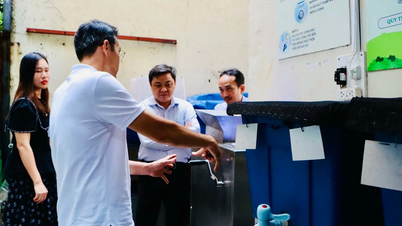


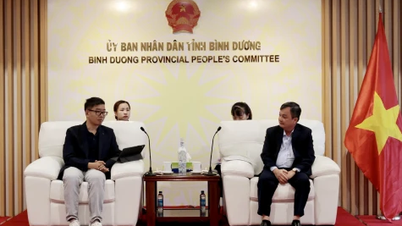


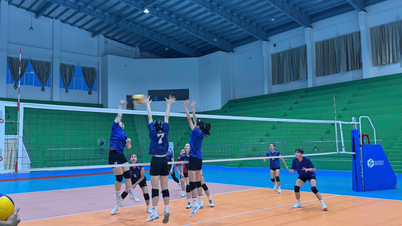








Comment (0)